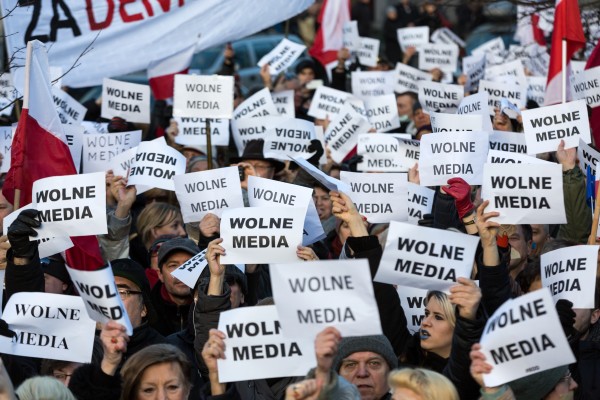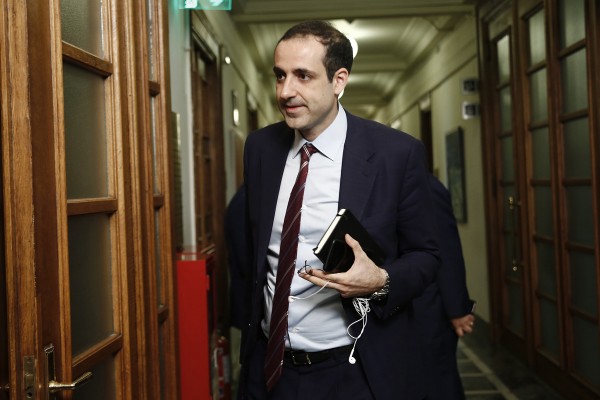Rodney Pinder is the director of International News Safety Institute (INSI), an independent, non-profit organization aimed at ensuring the safety of journalists. Pinder is a former senior foreign correspondent and news executive for Thomson Reuters.
IPI: INSI has been described as a unique organization. What makes it different from other press freedom organizations such as IPI?
RP: We are not a press freedom organization. That makes us different. We are solely concerned with safety and that’s what makes us unique. We are the only organisation that is purely and solely concerned with safety issues for journalists in dangerous situations. Others may do that as part of their press freedom activities; we do it all the time and that’s why we were created by organizations like IPI and IFJ (The International Federation of Journalists), because they recognized there was no one organisation that does the focused work on globalised safety. So they created INSI, and that’s what we do.
IPI: Seeing as INSI is a non-profit organization, how does it deal with funding?
RP: We have members who pay annual subscriptions, and that funds our administration. We’re very small, we have only three people. But for our safety training project, we then go to international donors and get them to sponsor safety training. For example, the Norwegian foreign ministry paid for safety training for 50 journalists in Congo. Others pay for other parts of the world.
But this is difficult for the current climate. There isn’t the funding available that there used to be. Nevertheless, we’ve managed to train 2,000 journalists around the world in 21 countries. So we have a long way to go, but that’s how we do it.
IPI: Are there certain countries that have refused to aid in safety training?
RP: No, we’ve not actually [been] refused. There are many that have expressed no interest. There are some countries that are more enthusiastic than others. Some countries have very poor records in journalist safety [and] in prosecuting those who have killed journalists. And I think they don’t very much welcome what we do.
IPI: INSI was involved in the passing of Security Council Resolution 1738. Has the resolution made a strong practical impact on the treatment of journalists worldwide?
RP: I don’t think it has had very much practical effect. What we need to see now are countries that are members of the Security Council and the United Nations applying the rules against murder, applying these rules to journalists as they would to any citizen. And it seems to me quite clear that journalists are an exception. Nine out of ten killers of journalists get off; there is no prosecution. And I think that is a … level of impunity, which is up to these countries to address.
I think the resolution was very welcome as a statement from the world’s highest political body about the dangers of the situation … we are encouraged. There was a meeting in Paris two weeks ago attended by ourselves, IPI and others, a UN inter-agency meeting on how to make 1738 more effective. And that’s encouraging. But I think the distance between declaration and action is still quite wide.
Do you think it’s possible in the future for safety training to be incorporated as a mandatory part of journalism training?
RP: Well, we think it should be. We think it should be taught in journalism schools, we think it should be involved in every major media development program. Because to my mind, there is no point in teaching people to be good journalists if they go out and get killed as a result. We have to teach them to be good journalists and survive to tell the story.
IPI: Does that training entail fighting against abduction, torture and blackmail, etc.?
RP: Everything, yes. All of these things. The training that we do is aimed at the journalists who we take it to. For example, it might be an undercover reporter in Russia, it might be a conflict reporter in Gaza, it might be a natural disaster reporter in Japan. We tailor our training to fit the circumstances of those who need it.
IPI: This was mentioned in the panel, but do you personally believe there are stories worth risking lives for?
No, I do not. I very firmly do not believe that any story is worth a life. That does not mean that those who have died in pursuit of a story died needlessly or in vain, that’s not the point. The point is we need to be in a much better position to make a proper risk assessment. And if before the story, it is decided that this story would mean a journalist putting their life on the line, I say: do not go.


